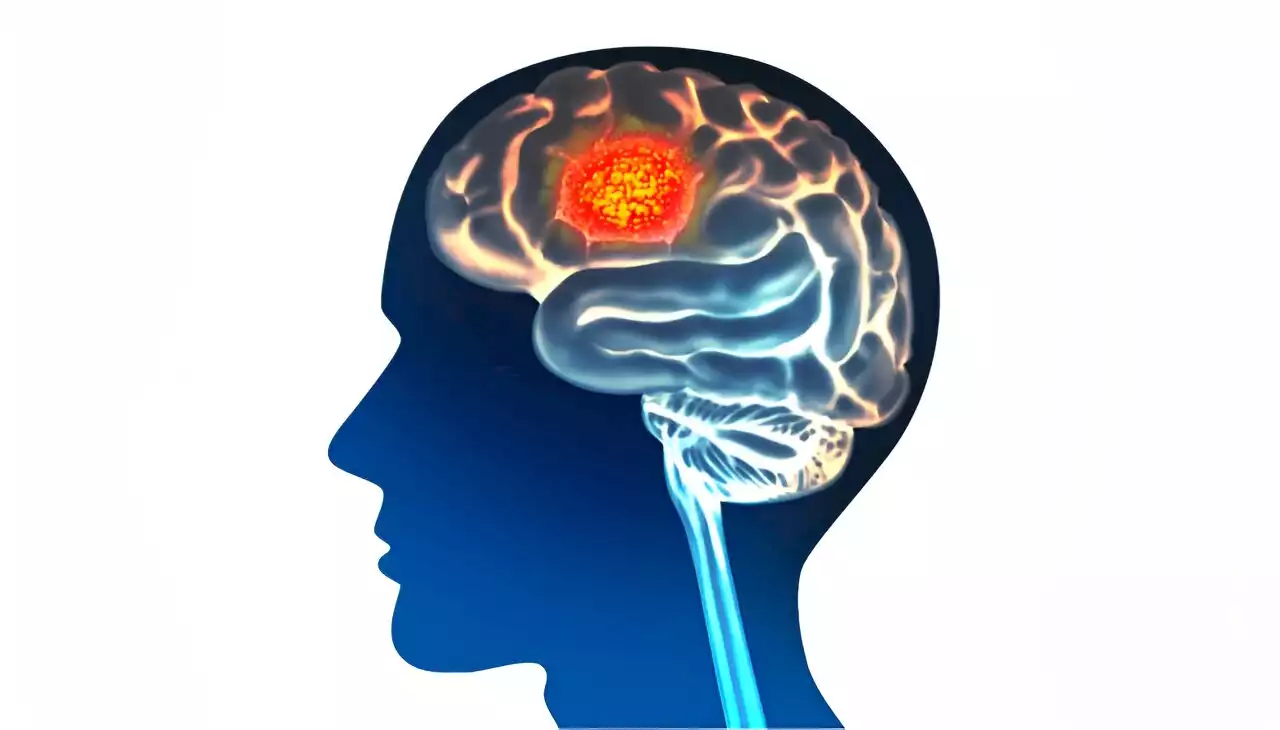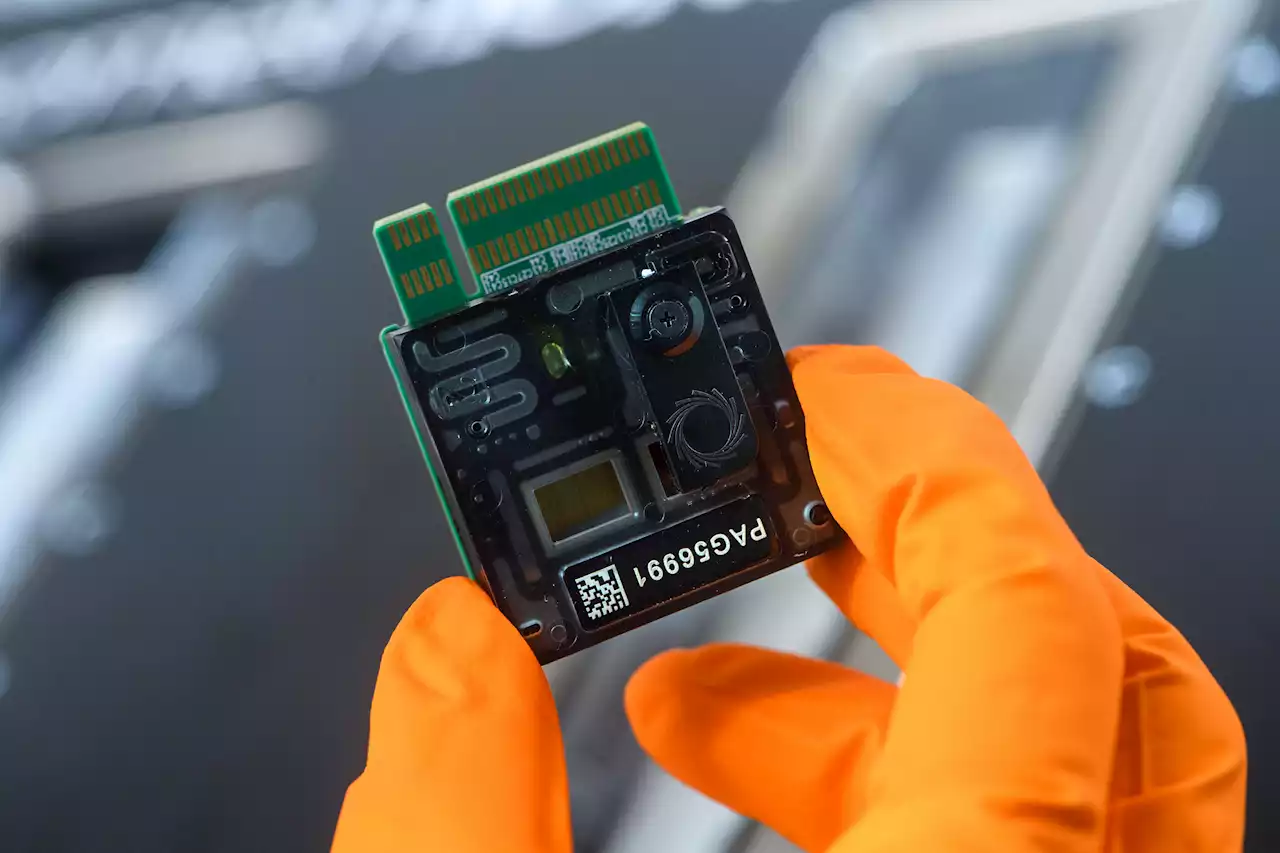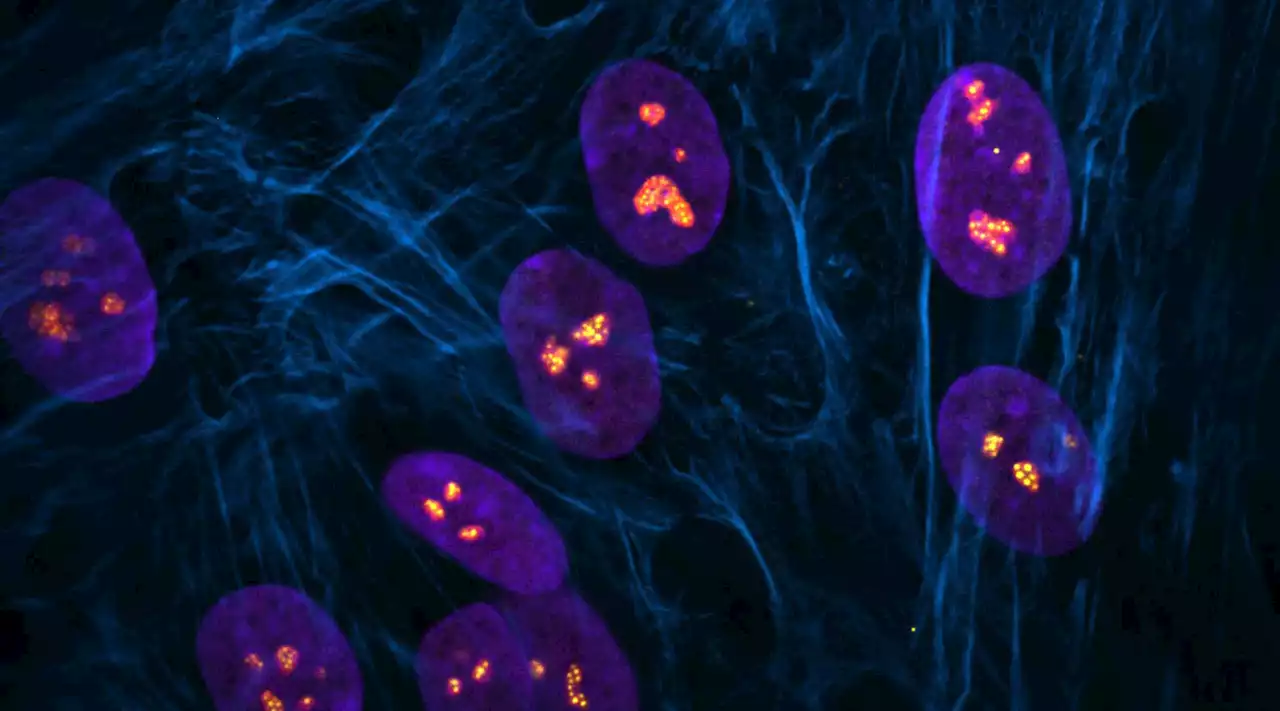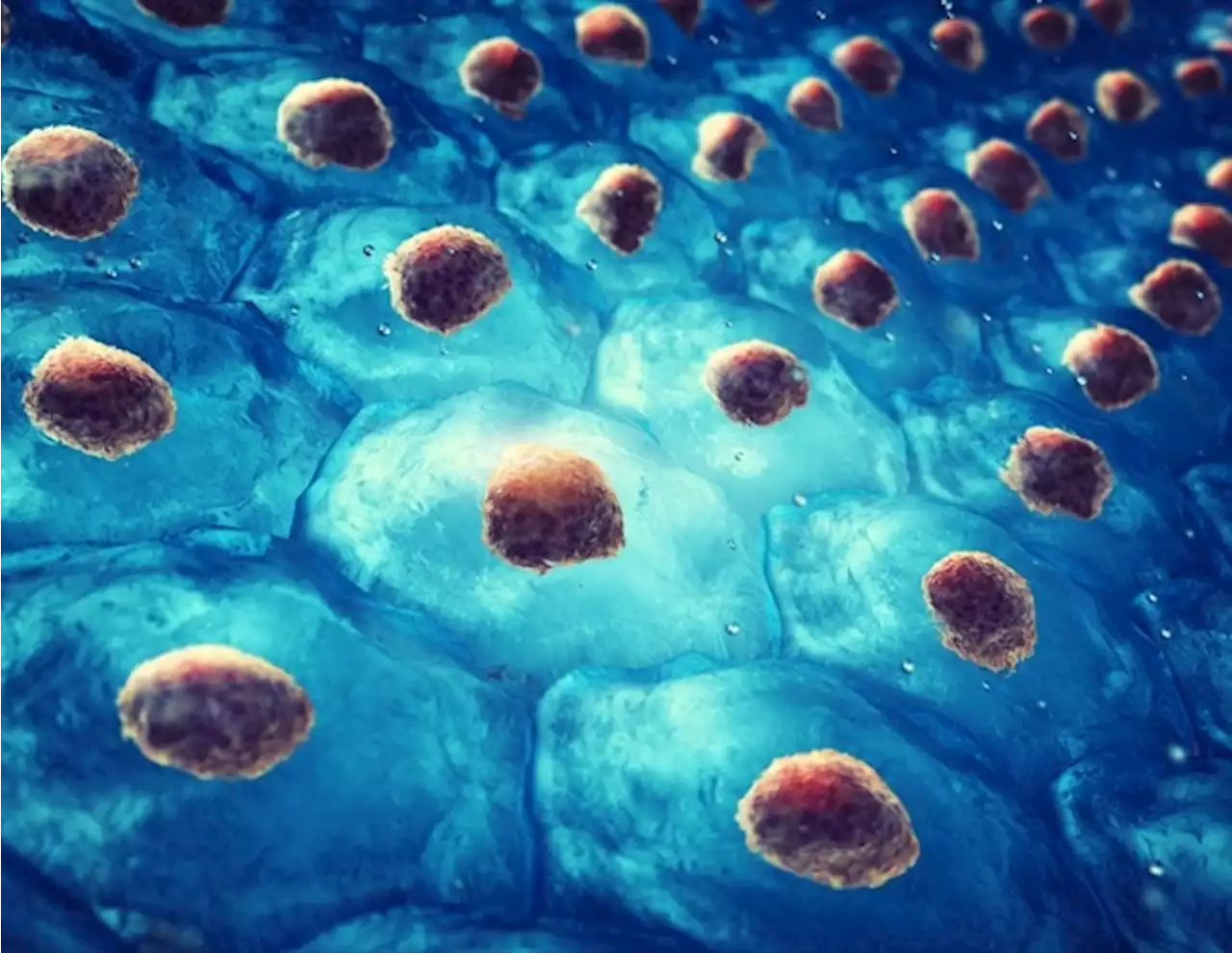Scientists have created a new test for identifying people at risk of developing acute myeloid leukaemia and related cancers, years before they do.
Reviewed by Danielle Ellis, B.Sc.Aug 24 2023 Scientists have created a new test for identifying people at risk of developing acute myeloid leukemia and related cancers, years before they do. The new platform, 'MN-predict', will allow doctors and scientists to identify those at risk and to design new treatments to prevent them from developing these potentially lethal cancers.
Using this data, the scientists have created "MN- predict", a platform for predicting the risk of developing blood cancers such as acute myeloid leukemia, myelodysplastic syndromes and myeloproliferative neoplasms over a 10-15-year period. This test, now available in NHS clinics, requires patients to provide a blood sample from which DNA is extracted for limited sequencing, alongside basic blood cell counts.
In the last few years, scientists discovered that these cancers develop over decades through the accumulation of DNA mutations in blood stem cells, the cells responsible for normal blood formation. These mutations encourage these stem cells to grow faster than normal and, as more mutations accumulate, they can progress towards leukemia. Thankfully, whilst mutations that promote cell growth are common, leukemia develops only in a small minority of cases.
Australia Latest News, Australia Headlines
Similar News:You can also read news stories similar to this one that we have collected from other news sources.
 Scientists find way to 'press self-destruct button' in gastric cancer associated with Epstein-Barr VirusNow, scientists at The Wistar Institute have discovered a potential target for gastric cancers associated with Epstein-Barr Virus; study results were published in the journal mBio.
Scientists find way to 'press self-destruct button' in gastric cancer associated with Epstein-Barr VirusNow, scientists at The Wistar Institute have discovered a potential target for gastric cancers associated with Epstein-Barr Virus; study results were published in the journal mBio.
Read more »
 The women scientists who took India into spaceThe BBC meets three Indian female scientists who prove that rocket science is not a male preserve.
The women scientists who took India into spaceThe BBC meets three Indian female scientists who prove that rocket science is not a male preserve.
Read more »
 Scientists 'uncover key' to mystery of missing flight MH370Apart from a few pieces of debris, no trace has been found of the plane that vanished with 12 crew and 227 passengers in March 2014.
Scientists 'uncover key' to mystery of missing flight MH370Apart from a few pieces of debris, no trace has been found of the plane that vanished with 12 crew and 227 passengers in March 2014.
Read more »
 Scientists employ AI to predict brain cancer outcomesGlioblastoma is a swift and aggressive brain cancer, with an average life expectancy of about one year after diagnosis. It's difficult to treat, in part because the cellular makeup of each tumor varies greatly from person to person.
Scientists employ AI to predict brain cancer outcomesGlioblastoma is a swift and aggressive brain cancer, with an average life expectancy of about one year after diagnosis. It's difficult to treat, in part because the cellular makeup of each tumor varies greatly from person to person.
Read more »
 Scientists genetically decode rare kidney diseaseWhen Dr. Bodo Beck first saw the three children of a family who had fled Syria sitting in his consultation room at University Hospital Cologne, the human geneticist was surprised. His genetic analysis diagnosed Bartter syndrome type 3, but never before had he seen such severe joint changes in patients with this rare disease.
Scientists genetically decode rare kidney diseaseWhen Dr. Bodo Beck first saw the three children of a family who had fled Syria sitting in his consultation room at University Hospital Cologne, the human geneticist was surprised. His genetic analysis diagnosed Bartter syndrome type 3, but never before had he seen such severe joint changes in patients with this rare disease.
Read more »
 Scientists find evidence of unintended impacts from anti-cancer drugsWith around 90% of drugs failing to make it to market, the potential for improving efficiency within the drug development industry is clear. Drugs designed to combat cancers suffer similar rates of failure for many reasons. Now, researchers have revealed one reason why certain anti-cancer compounds can cause unexpected side effects. This research could help guide an understanding of why some drugs show more promise than others, providing a new tool that can be used to identify those drugs and drug candidates.
Scientists find evidence of unintended impacts from anti-cancer drugsWith around 90% of drugs failing to make it to market, the potential for improving efficiency within the drug development industry is clear. Drugs designed to combat cancers suffer similar rates of failure for many reasons. Now, researchers have revealed one reason why certain anti-cancer compounds can cause unexpected side effects. This research could help guide an understanding of why some drugs show more promise than others, providing a new tool that can be used to identify those drugs and drug candidates.
Read more »
